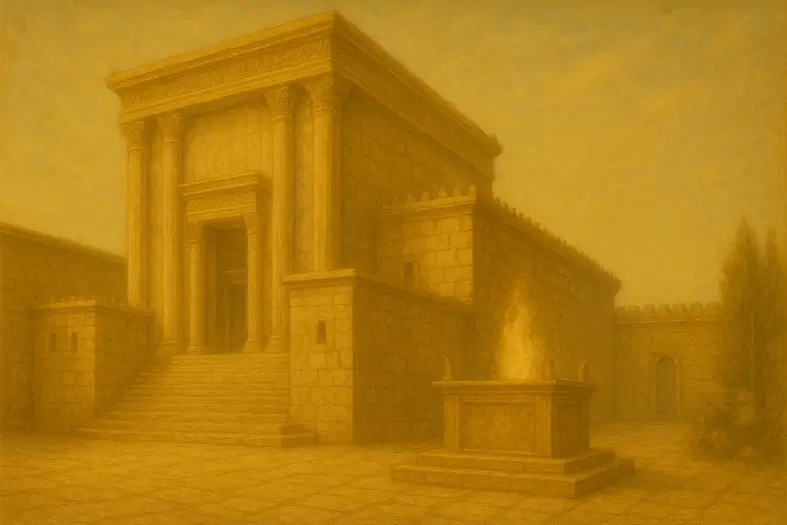


It is forbidden to leave sacrificial meat beyond its designated time; such leftover is called notar.
This mitzvah prohibits leaving sacrificial meat uneaten past its permitted time. Depending on the korban, the time frame varied — one day for some offerings, two for others. Anything remaining past that time became notar and had to be burned (see Mitzvah 398). Rambam (Hilchot Ma’aseh HaKorbanot 10:1) rules that eating notar is punishable by karet, underscoring its gravity.
Sefer HaChinuch (Mitzvah 457) explains that this commandment trains Israel to treat korbanot with urgency and respect. By not leaving them over, one honors their sanctity as gifts to Hashem. The Talmud (Pesachim 84a) discusses notar in the context of the Korban Pesach, noting how time limitations reinforce precision in avodah. Rashi (Lev. 22:30) emphasizes “I am Hashem” — the prohibition reflects fidelity to Divine command even when the meat appears edible. Ramban adds that it teaches us to treasure kedushah and not allow holy things to become mundane.
Commentary & Classical Explanation:
Contrast with Command to Burn Leftovers (Mitzvah 398):
Parallel to Pigul (Mitzvah 393):


Concerns the Beit HaMikdash, korbanot (offerings), and priestly service.
Represents the concept of spiritual intentionality, purity, and sanctity—set apart for a higher purpose.
Signifies awe and reverence toward Hashem—living with awareness of His greatness and presence.
Represents Emunah—the deep, inner trust in Hashem’s presence, oneness, and constant involvement in our lives. This badge symbolizes a heartfelt connection to G-d, rooted in belief even when we cannot see. It is the emotional and spiritual core of many mitzvot.
Mitzvot that define and deepen the relationship between a person and their Creator. These include commandments involving belief, prayer, Shabbat, festivals, sacrifices, and personal holiness — expressions of devotion rooted in divine connection.

Dive into mitzvos, prayer, and Torah study—each section curated to help you learn, reflect, and live with intention. New insights are added regularly, creating an evolving space for spiritual growth.

Explore the 613 mitzvos and uncover the meaning behind each one. Discover practical ways to integrate them into your daily life with insights, sources, and guided reflection.

Learn the structure, depth, and spiritual intent behind Jewish prayer. Dive into morning blessings, Shema, Amidah, and more—with tools to enrich your daily connection.

Each week’s parsha offers timeless wisdom and modern relevance. Explore summaries, key themes, and mitzvah connections to deepen your understanding of the Torah cycle.